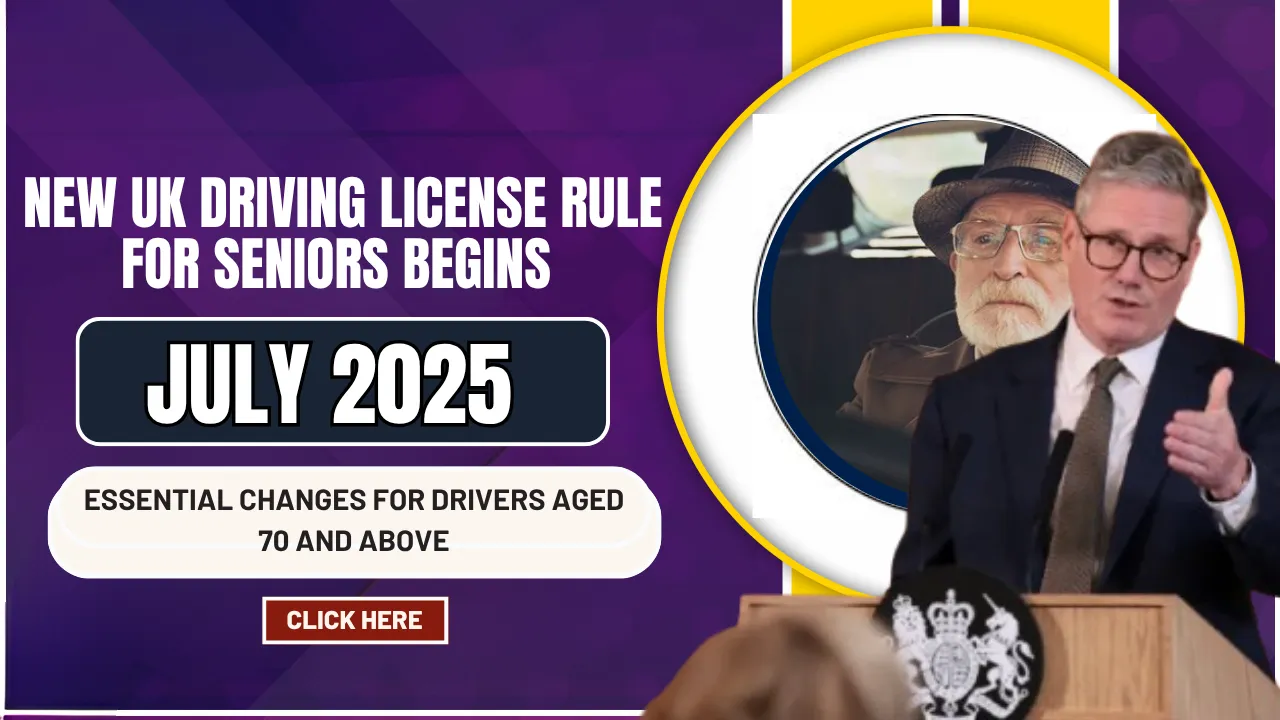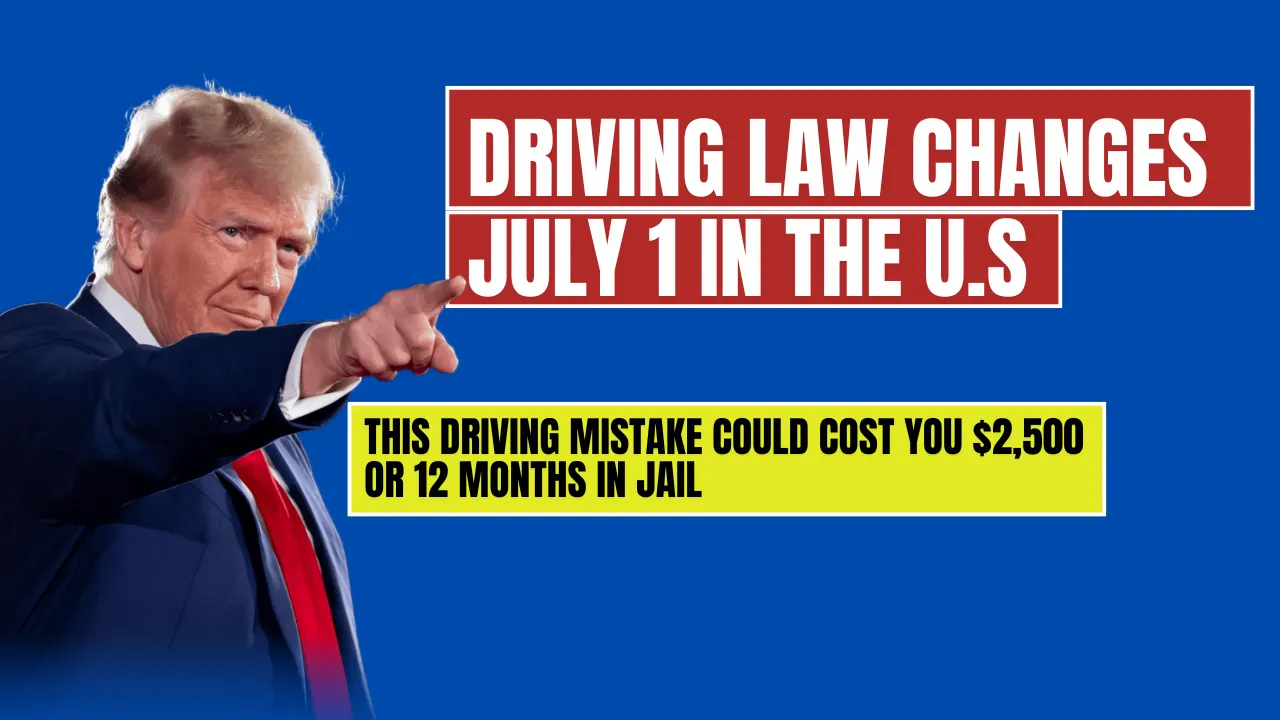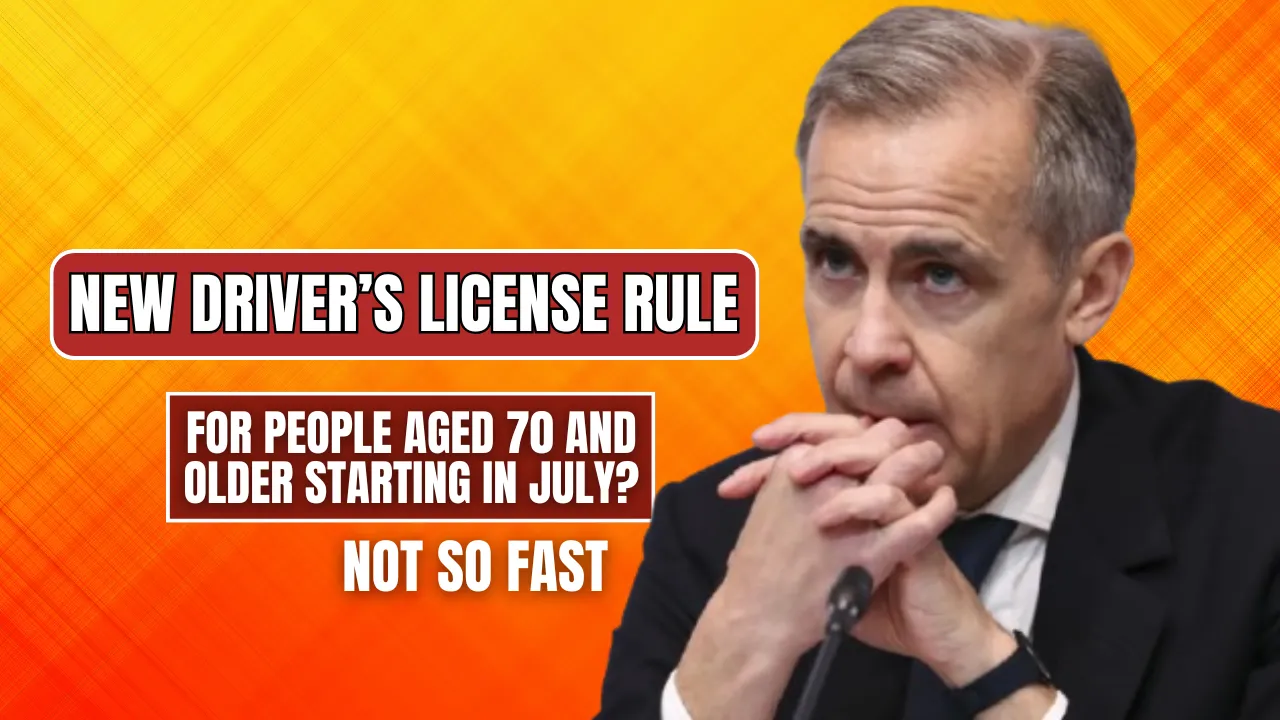As of July 2025, a significant upgrade is being introduced to the UK Driving License Rule for Seniors 2025, marking a shift in how senior drivers maintain their licences. This update places added emphasis on health verification and competency, reflecting the growing global priority of road safety and fitness-to-drive standards. These changes are designed not to penalize our older drivers but to safeguard both their independence and the wellbeing of all road users.
The UK Driving License Rule for Seniors 2025 introduces targeted medical and fitness evaluations aimed at drivers aged 70+, reinforcing safe mobility without removing autonomy. This article explores the changes, explains why they matter, and offers practical advice so senior drivers can confidently meet the new requirements.
UK Driving License Rule for Seniors 2025
The UK Driving License Rule for Seniors 2025 brings new responsibilities for those aged 70 and above when renewing their licences. These changes include GP-signed medical statements, enhanced vision and cognitive checks, and occasional proactive screening by the DVLA. Unlike past renewals—which relied largely on self-declaration—this update places greater emphasis on professional health verification, aiming to ensure that senior drivers remain safe on UK roads without undue restriction.
Overview Table
| Requirement | Current Process (Pre-July 2025) | New Process (July 2025 Onward) |
| Renewal Age | 70 | 70 |
| Renewal Interval | Every 3 years | Every 3 years |
| Health Declaration | Self-declaration | GP-signed medical form required |
| Vision & Cognitive Tests | Seldom required | Required for flagged/high-risk drivers |
| DVLA Fitness Checks | Reactive, based on disclosures | Random, proactive screening |
What’s Changing for Drivers Aged 70 and Over?
Drivers aged 70 and above currently renew their licence every three years, sign a self-declaration of fitness, and rarely encounter further scrutiny. Starting July 2025, the UK Driving License Rule for Seniors 2025 mandates the following updates:
- Mandatory GP Medical Statements: Seniors must obtain a signed confirmation from their GP attesting to their fitness to drive.
- Vision and Mental Screening: Individuals identified as high-risk—whether due to health changes or age-related conditions—will undergo formal vision and cognitive assessments.
- Annual Random Health Checks: The DVLA will randomly select drivers for proactive fitness reviews to stay ahead of potential risks.
Key Changes Include
- GP-Signed Medical Declaration
Seniors can no longer self-certify; a medical endorsement from a licensed GP is now essential at renewal. - Mandatory Tests for At-Risk Drivers
If flagged due to minor medical concerns or age, individuals will face required vision and cognitive testing pre-renewal. - Proactive Fitness Scrutiny
DVLA will actively conduct health checks beyond standard renewal windows to uphold road safety standards.
Why Is the Rule Changing?
This update reflects wider demographic trends. The UK’s ageing population means more drivers aged 70+ on the roads—many of whom may develop medical conditions that affect vision, reaction time, or cognition. The UK Driving License Rule for Seniors 2025 responds to these changes by:
- Reducing road accident risks linked to health decline
- Preserving senior independence via structured health monitoring
- Aligning with international standards for elder driver safety
What This Means for Senior Drivers
- Increased Forms and Appointments: Securing a GP-signed medical certificate may involve scheduling appointments and undergoing examinations.
- Potential Costs: Vision and cognitive evaluations—some perhaps not covered by NHS—could require payment.
- Possible Renewal Delays: Extra verification steps mean renewals that once took days may now span weeks.
- Licence Retention with Conditions: Licence suspension or restrictions (e.g., daytime only) may follow if fitness requirements are unmet.
This framework isn’t about limiting driving; it’s about ensuring well-being and safely sustaining mobility.
Tips to Prepare for the 2025 Changes
- Book Early with Your GP: Avoid last-minute scheduling bottlenecks by planning ahead.
- Schedule Health Screenings: An annual eye exam and cognitive check can help you stay compliant.
- Self-Monitor for Warning Signs: Be alert to changes in memory, reaction time, or vision.
- Consider Transportation Alternatives: Familiarize yourself with bus routes, senior ride services, and community transport schemes.
- Stay Informationally Current: Watch for DVLA website updates on procedures and forms.
Notable Exceptions
The DVLA will assess certain groups individually under the UK Driving License Rule for Seniors 2025 exemptions policy:
- Drivers with long-term disabling conditions
- Commercial licence holders
- Individuals with prior serious infractions or medical disqualifications
Each case will be evaluated, with licence decisions reflecting personal health and driving records.
The Bigger Picture
This rule revision is part of a global shift toward safer senior driver policies. Countries worldwide balance independence and safety through targeted health screening, and the UK’s update follows similar logic. By introducing UK Driving License Rule for Seniors 2025, authorities are broadening the framework for responsible driving while preserving older adults’ mobility and freedom.
FAQs
Will all drivers over 70 lose their licence?
No. The aim is improved oversight, not licence removal. Most healthy drivers will qualify with routine checks.
Are these rules already in place?
They take effect in July 2025. Until then, renewals follow current procedures.
What conditions might disqualify someone?
Severe vision issues, serious cognitive impairment, epilepsy, and mobility problems may result in restricted or suspended licences.
Do I have to pay for tests and doctor’s appointments?
Renewal is free, but tests and GP consultations may incur costs.
What happens if I fail a test?
Your licence could be suspended or carry restrictions such as a daytime-only designation.
Final Thought
The UK Driving License Rule for Seniors 2025 represents a thoughtful balance between road safety and senior independence. As July approaches, staying informed, proactive about health, and prepared with documentation can help ensure your driving stays smooth and compliant.















